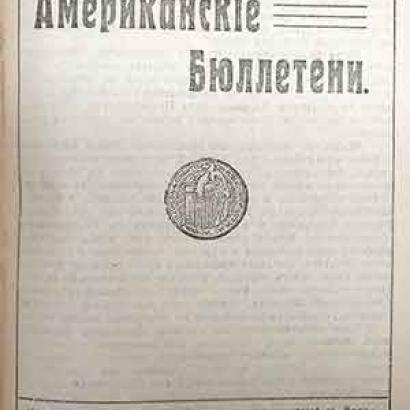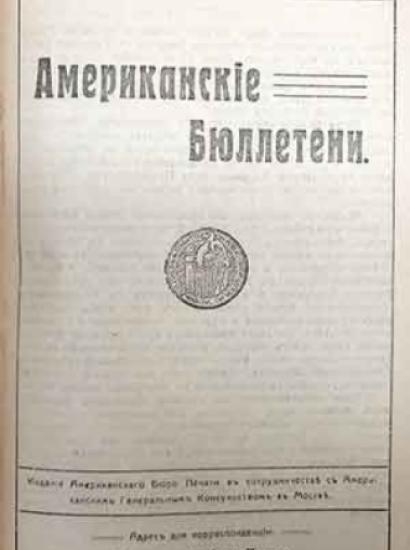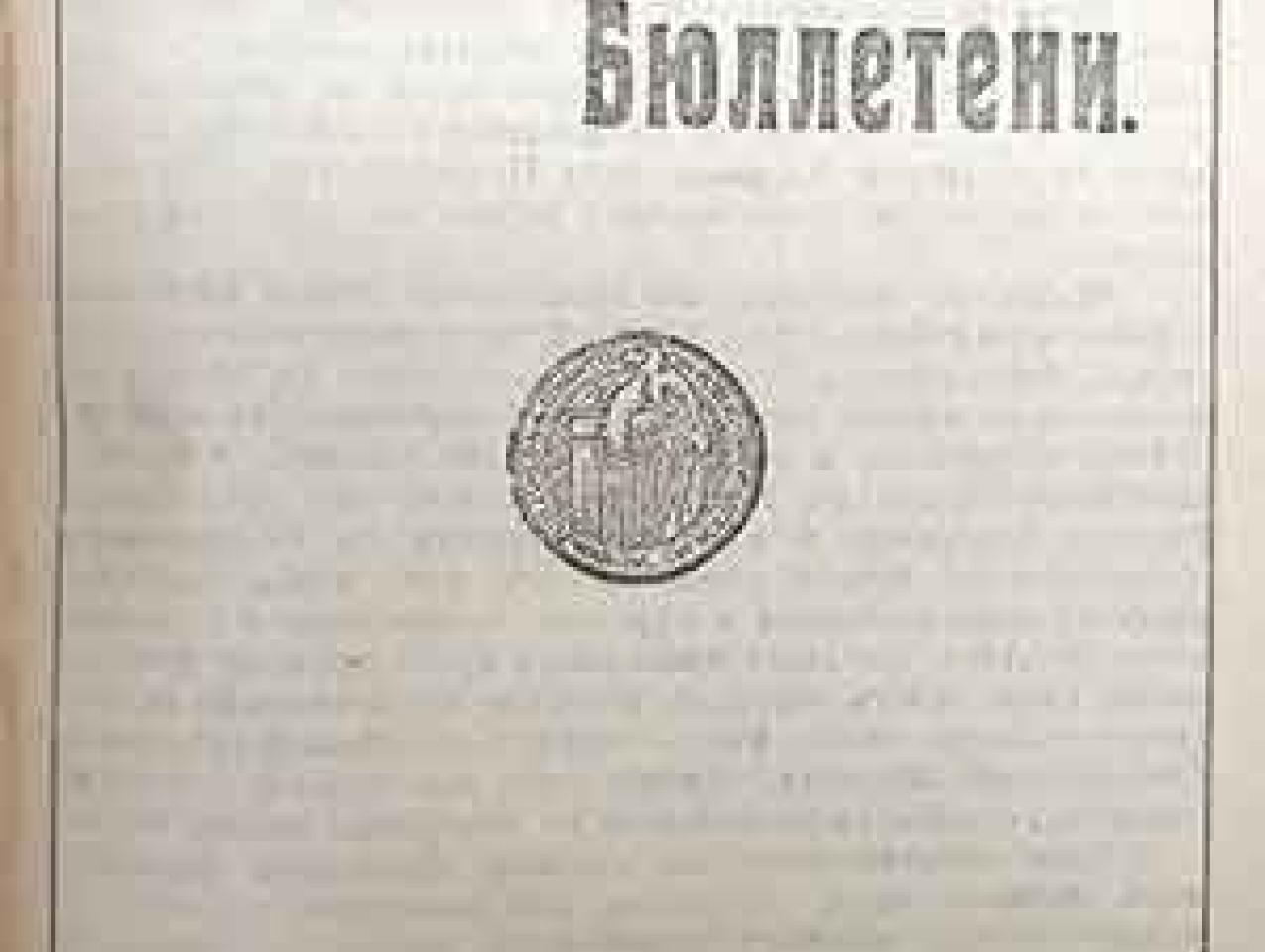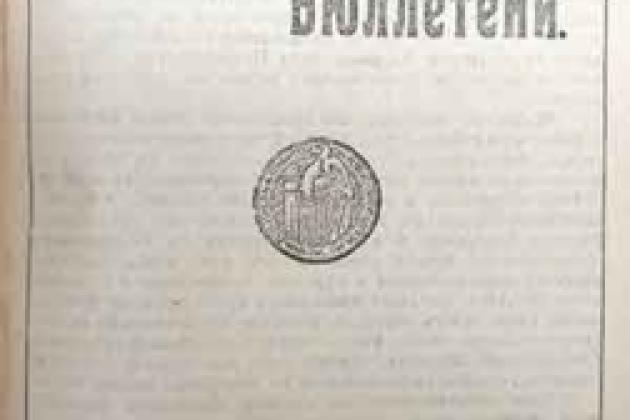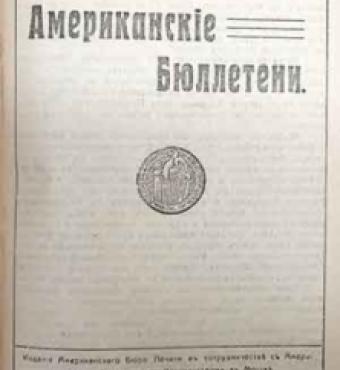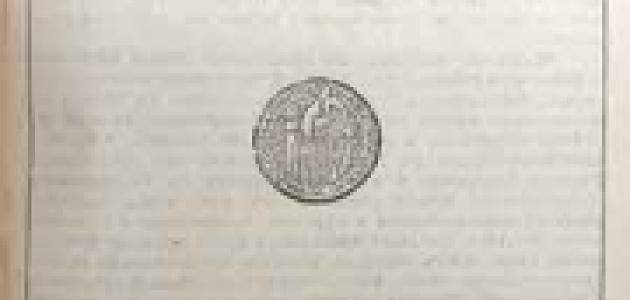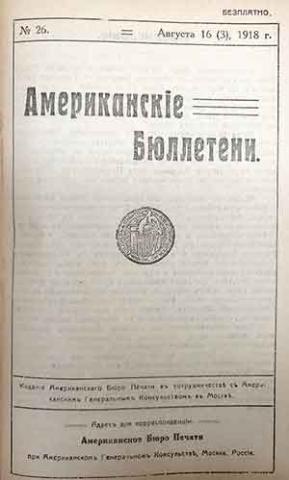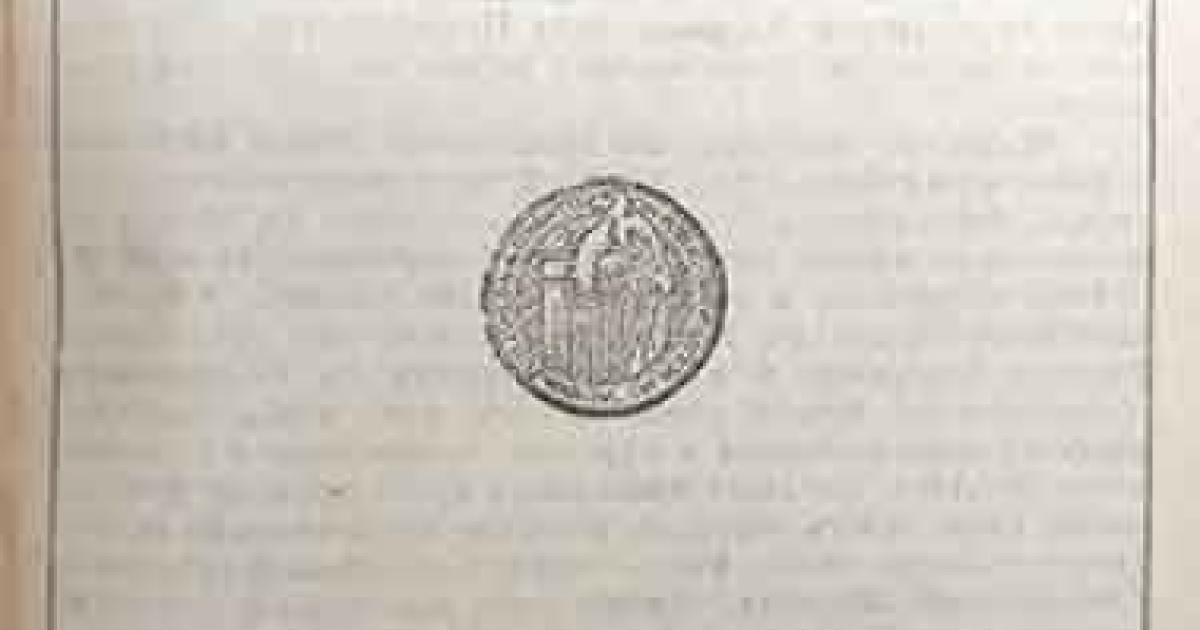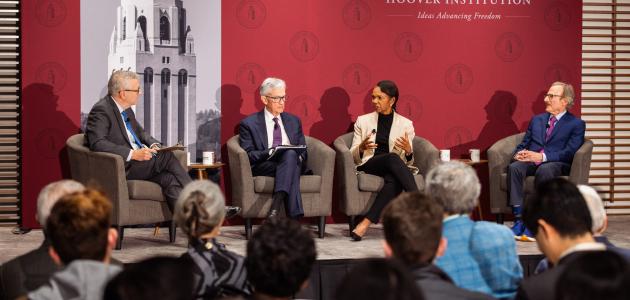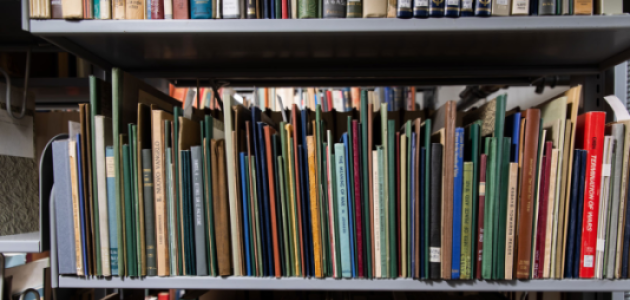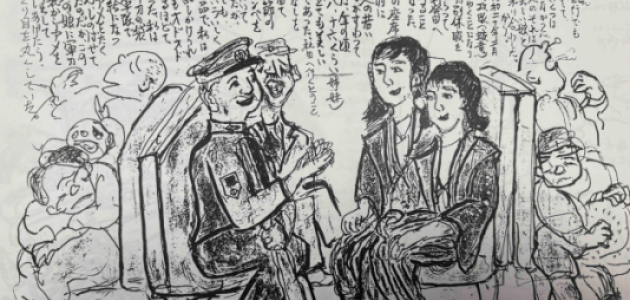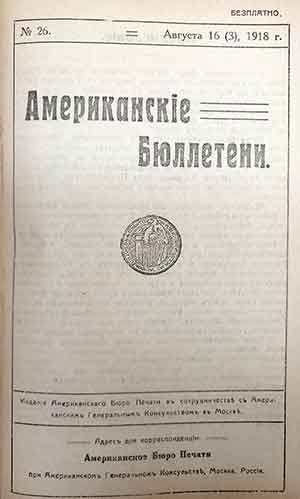
The Hoover Institution Library & Archives now has a complete set of Amerikanskie biulleteni, an official weekly US government publication in the Russian language issued between 1917–1918 in Moscow. Previously, the Library & Archives held only a few scattered issues of this title.
The publisher of Amerikanskie biulleteni, the American Press Bureau, headed by Arthur Bullard, was established to help promote good relations between the people of the United States and Russia during the First World War. The publisher's efforts included promoting American values, explaining various facets of American life, touting industrial, technological and economic successes, and clarifying the American point of view on current events in an atmosphere of increasing press restrictions instituted in Russia by the Bolshevik regime. The closure of many Russian newspapers, which had simply republished press releases provided by the US Consulate, forced US officials to begin issuing their own bulletin.
The first issue is dated December 22, 1917 and the final issue (#26) was dated August 16, 1918 just prior to the institution of the Red Terror. (The evacuation of almost all United States officials from Moscow would occur ten days later). For most of their existence, the bulletins were issued on a weekly basis, but unfolding events and delays in communications impacted the accuracy of the publication. Upon issue, the bulletins were distributed in Moscow, as well as in provincial cities and towns by post, with particular attention to their further dissemination via republication in the local press.
Information in the bulletins include:
- telegrams reflecting world and US news and events;
- speeches by and interviews with Woodrow Wilson, Ambassador David Francis and other American leaders;
- articles and notes on the progress of the draft and the richness of the harvest in America,
- the presence of the United States in the Philippines,
- the workers’ movement,
- physical education in schools, and
- other topics in American life and politics.
Some interesting highlights are a note on the influence that Nicholas II's ban on the sale of spirits in Russia had on the growing prohibition movement in the United States, and on the service of Slavs and other immigrants from the countries of the Central Powers in the United States Army. The newly acquired complete set, bound into one volume, is even more interesting because it previously belonged to Edgar Sisson and bears not only his inscription, but also a brief explanatory note, pasted in and signed by Sisson.
Edgar Sisson is best remembered today as the promoter of the “Sisson documents”, which include forged correspondence and other records purporting to show that the Bolsheviks were German agents and financially supported by the Imperial German government in their revolutionary activity in Russia in 1917 (while the Sisson documents have been discredited by historians, other evidence remains that this was indeed the case).
Sisson was chief of the Russian Branch of the US Committee on Public Information. He was sent to Russia in late 1917 to help strengthen the US propaganda presence in Russia and it was during this time that he acquired his namesake documents from a shady source. Sisson was instrumental in establishing the American Press Bureau at the US Consulate in Moscow, placing Arthur Bullard in charge of its operations which included publishing the Amerikanskie biulleteni.
The Amerikanskie biulleteni is currently undergoing preservation treatment and cataloging. When completed, access to the Amerikanskie biulleteni will be available in the Hoover Institution Library & Archives reading room. Please contact hoover-library-archives@stanford.edu for information concerning access.

Anatol Shmelev PhD
Anatol Shmelev is a research fellow, Robert Conquest curator of the Russia and Eurasia Collection, and the project archivist for the Radio Free Europe/Radio Liberty Collection, all at the Hoover Institution.




